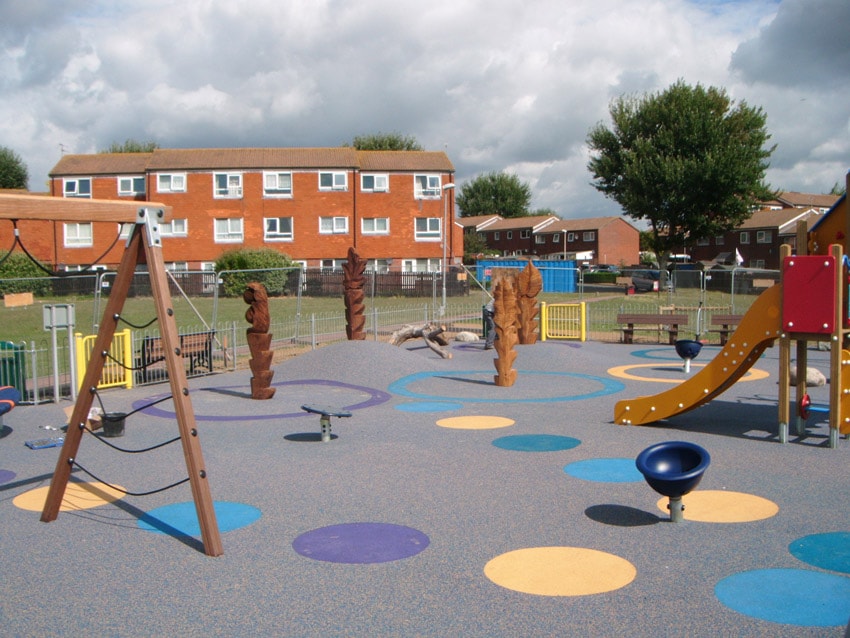Mathematics helps solve problems and make sense of the world around us. However, many children don’t like math, are bored with it, or have tried to get the hang of it without success. This is because math uses numbers and letters in abstract forms that many kids don’t understand or like.
Seeing your child struggle with math and not knowing how to help can be frustrating for a parent. Fortunately, there are many ways parents can help their children improve math skills. In this article, we will discuss ten ideas for parents who are looking for how to improve child’s math skills.
Start Early
One of the most effective ways to help your child with math is to start early. As soon as your child starts showing an interest in numbers, shapes, and patterns, you can introduce them to basic math concepts. For example, you can count objects together, ask a child to identify shapes, and play simple number games. The point is to strike while the iron is hot and get them to start working on math problems before external factors like their friends and environment give them negative impressions about the subject. Introducing math early can help your child develop a strong foundation in the subject, making it easier for them to understand more complex concepts later. Enrolling your child in quality early learning centres can provide the structured environment and resources needed to foster this early development.
Encourage Problem-solving Skills
Math is all about problem-solving, so it’s essential to encourage your child to think critically and creatively. Don’t just give examples of a problem and then have them solve similar ones as it is normally done in a traditional classroom. Instead, teach kids to find different ways to approach a problem and to explain their thought process. Focus on the process rather than the result; and you will get kids more excited about learning this way. This strategy will help develop valuable problem-solving skills youngsters can use in all areas of their lives.
Make It Fun
Math can be a fun and engaging subject if taught creatively, which is, unfortunately, not what many traditional schools do. But you don’t have to depend on schools for every aspect of your child’s education; you can make math fun for your child by incorporating it into everyday activities. For example, you can ask your child to count the steps to walk from one room to another or count how many push-ups their elder brother does each morning for a week. You can also play games that involve math, such as board games, card games, or puzzles. Additionally, you can explore the Brighterly platform that focuses on easy math for kids.
Focus on Understanding
Math can be intimidating for children, especially if they don’t understand basic concepts. For any parent, it’s vital to focus on helping a child understand math rather than just memorize formulas or equations. You can do this by breaking down complex concepts into smaller, more manageable parts and using visual aids to help your child see how the concepts work. You can also encourage your child to ask questions and explain their thought process, which can help them develop a deeper understanding of math.
Use Real-life Examples
One of the best ways to help your child understand math is to use real-life examples. Math can seem abstract and disconnected from the real world,which makes it difficult for children to understand its relevance. By using real-life examples, you can help your child see how math is used in everyday life. For example, you can ask your child to calculate how much money they need to buy a toy or how much change they will receive from a purchase. You can also use examples from nature, such as counting petals on a flower or measuring the height of a tree.
Practice Regularly
Practice makes perfect, and this is especially true for math. Regular practice can help your child build confidence and improve their math skills. You can set aside time each day to practice math with your child by doing homework or working on math problems together.
You can also use online resources, 4th grade math apps, and worksheets to teach your child fun and engaging ways to practice math. GoodMenProject has some of the best free ones in 2022 that you can explore.
Set Goals
Setting goals can be a powerful motivator for children as it gives them something to look forward to even before beginning a math problem. So, try it out, or even better, encourage your child to set realistic goals for themselves, such as mastering a particular math concept or earning a specific grade. Then, help them develop a plan to achieve those goals. Finally, celebrate their progress along the way and provide encouragement and support when they face challenges.
Make Learning Environment Conducive
In addition to these tips, creating a positive learning environment for your child is non-negotiable. For example, ensure they have a quiet and comfortable space to study and minimize distractions such as television or video games. You can also make the lighting in their room or study space warmer to reduce eye strain while reading. Keep the reading table close to an open window to allow proper ventilation, but be careful so that the window doesn’t face a busy street that may be a source of distraction for your kids.
Be Patient and Supportive
Patience and support are essential when helping children with maths. The subject can be frustrating, and your child may become discouraged if they don’t understand a concept immediately. As a parent, you can provide encouragement and support as well as celebrate your child’s progress, no matter how small. You can also seek additional resources, such as tutoring or online classes, if your child needs extra help.
Seek Additional Support
If, with these points, you still don’t know how to make your child understand maths, don’t be afraid to seek additional support. This step may include hiring a tutor or working with their teacher to develop a personalized learning plan. Remember that every child learns in their own way, and there is no shame in seeking additional support to help them. Your support system may be better skilled at encouraging your child to take breaks when frustrated or overwhelmed and reminding them that making mistakes is not the end of the world.
Conclusion
Every child learns differently, so finding what works best for them is essential. For example, some children may benefit from visual aids, while others may prefer hands-on activities. By tailoring your approach to your child’s learning style, you can help them develop a love for math and confidence to tackle even the most challenging math problems.
By following these ten ways parents can help with math, you can play an active role in helping a kid develop strong math skills and a love for learning. Whether through fun and engaging activities, regular practice, or real-life examples, there are many ways to make math a positive and rewarding experience for your child. With patience, support, and a little creativity, you can help your child develop the skills they need to love math, succeed in school, and excel in their careers.







